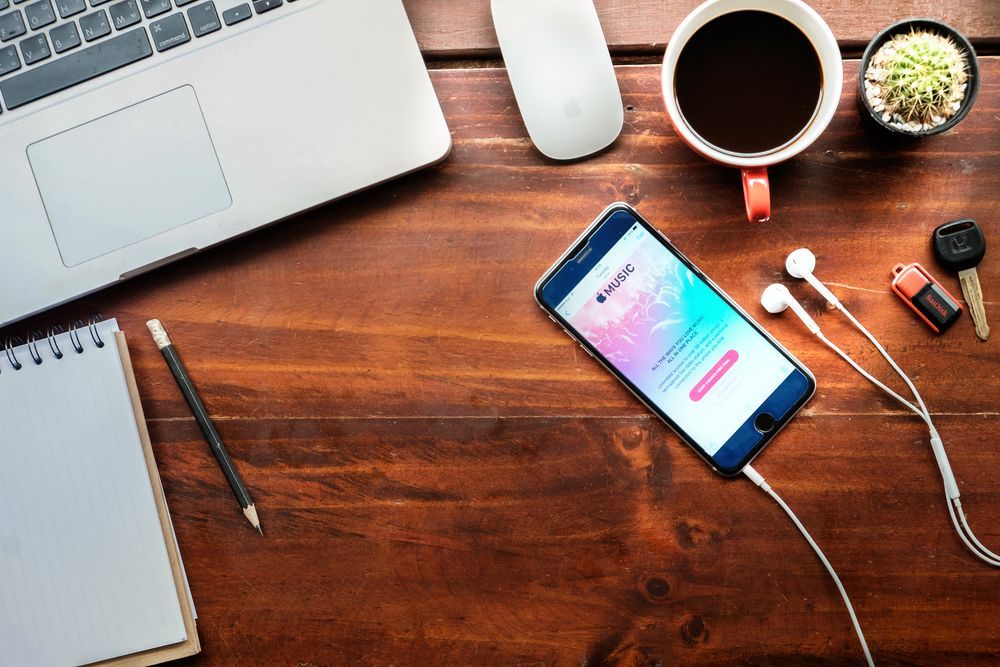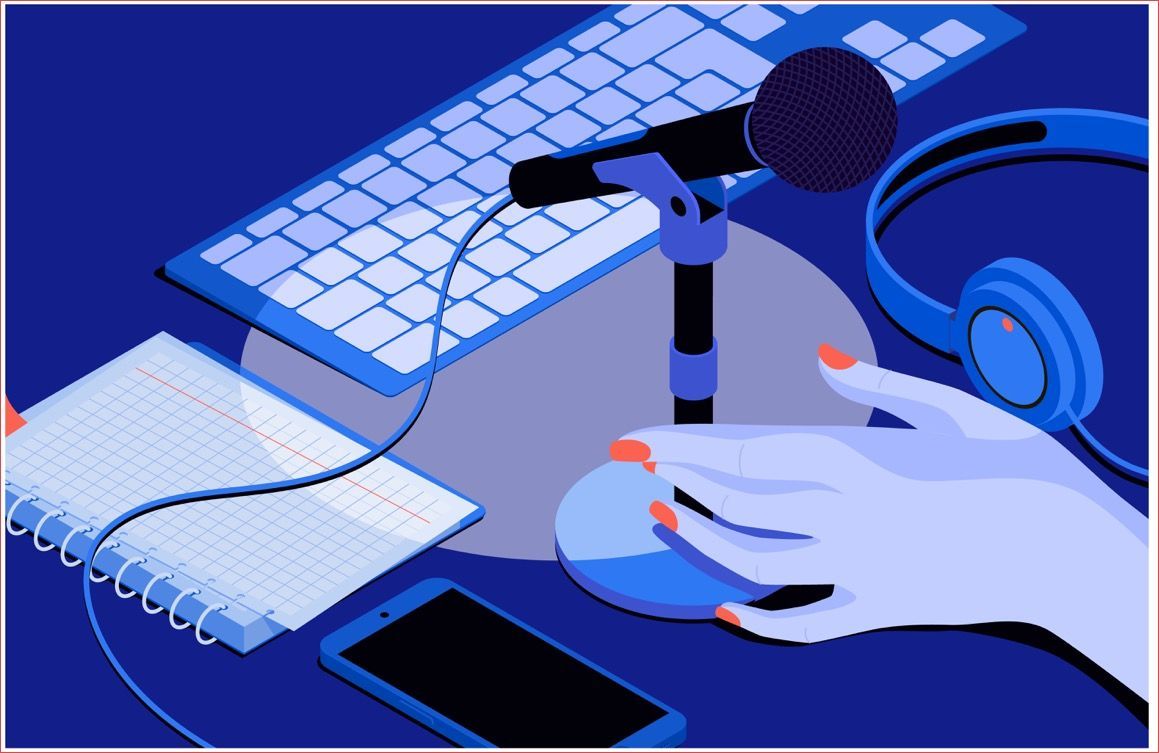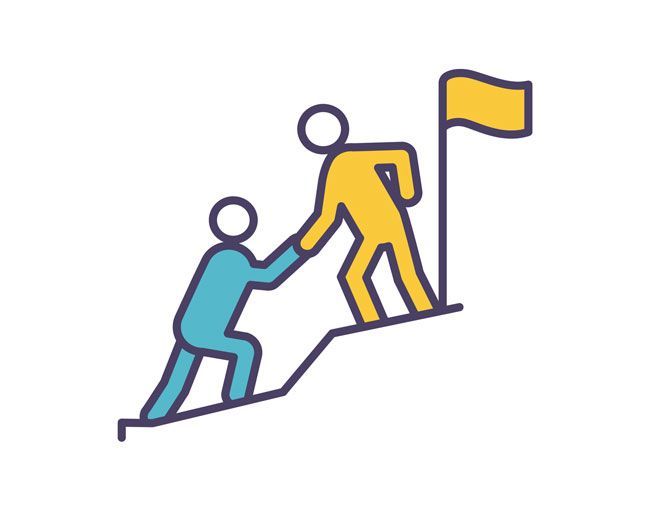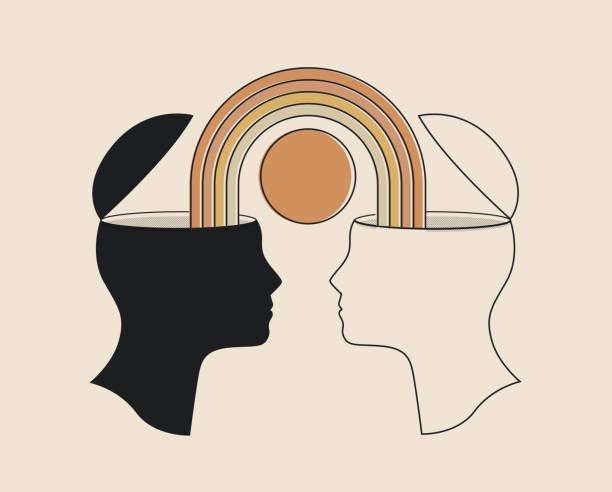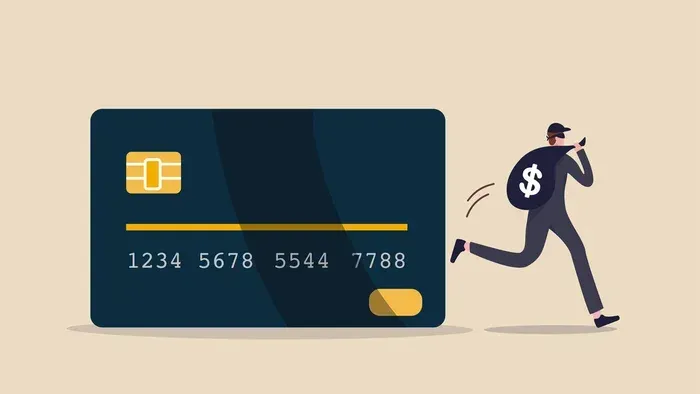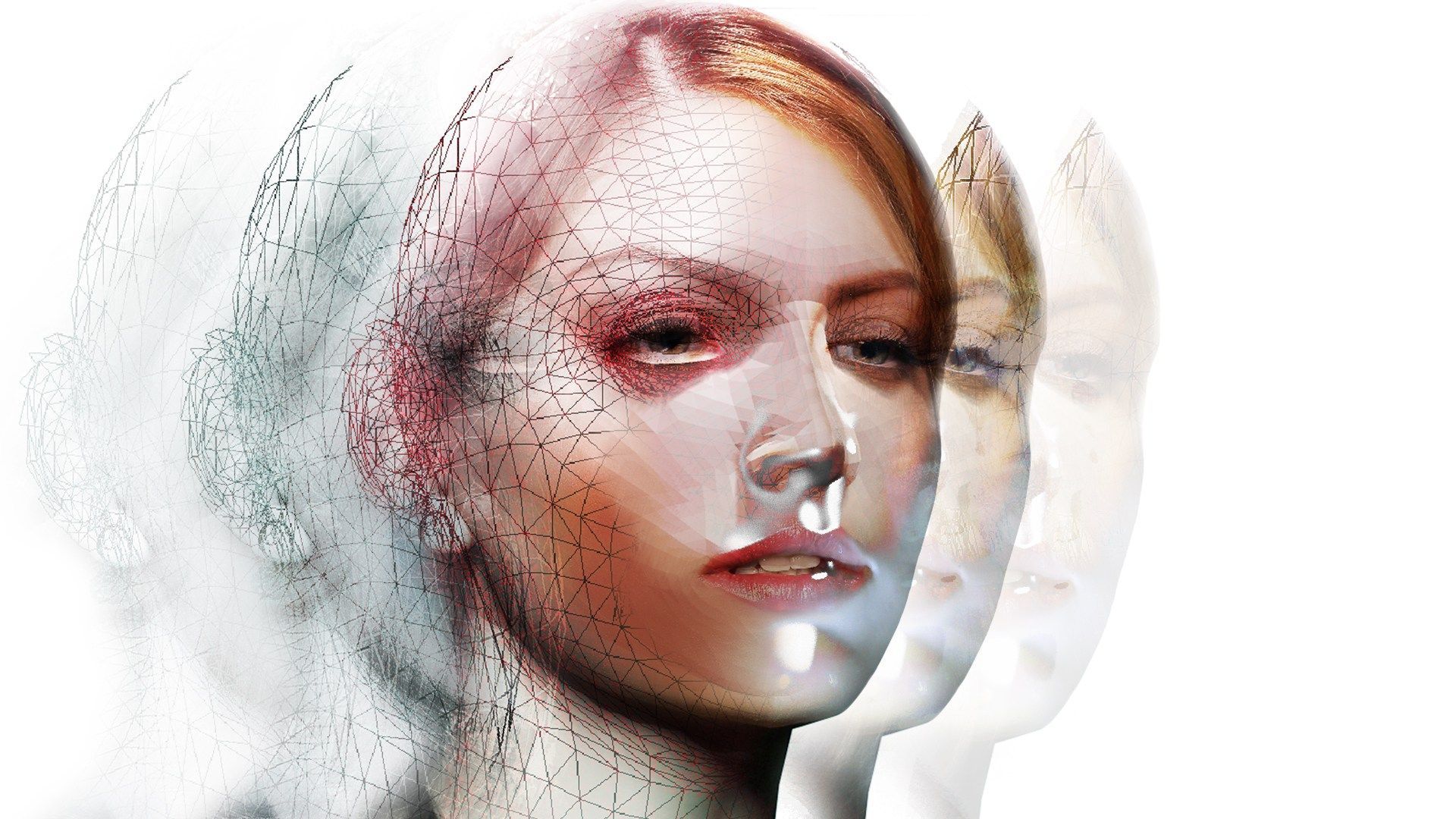The Bliss of Unplugging
When I met my husband in 1999, one of the first things he did was talk me into a cell phone. I was reluctant to jump on that technology for multiple reasons: I saw people tethered to their phones (even the flip phones of the day) and it struck me – even back then – as an altogether anti-social construct. (I also knew that it would be a direct mechanism for him to keep tabs on me; I believe I quipped to him – as we left the cell phone store – “why don’t you just put a bell around my neck like a cat…?”) To say that I was reluctant to embrace the technology is an understatement.
Since then, he and I having cell phones on us at all times has helped us reunite in the vast crowds of the Calgary Stampede, meet at the correct subway station in New York after getting separated, and has clarified exactly what kind of Dijon mustard I’ve asked him pick up for me at the market.
Several phones later; countless cell phone plans have elapsed, and the passing years have shown me how inextricably the cell phone had embedded itself into my life. It wakes me up with its alarm; it lets me know how much to bundle up for the morning dog walk, it times my laundry and souffles and keeps me posted about chats on my website chatbot. It tells me if flights are running late, it converts currency for me, and it tells me who that actor was in that thing I liked. It’s a lifeline between myself and members of my hive who are slightly more anti-social and for whom text is the preferred mode of contact and feeling of leaving the house without it – even briefly – seems like missing a limb.
In short: it’s hard to imagine life without it.
And yet: I experience a little bit of bliss when I’ve gone several hours on a Sunday before realizing that I haven’t set the volume controls and that I’ve missed the pinging. I cut myself off Facebook last August, and while I sometimes miss just scrolling through my feed, I also love that if I’m going to zone out for an hour, it’s now happening over a book or listening to a podcast, rather than watch a terrifying fight about ideals on Facebook unfold or being concerned that everyone else is living a more dramatic, purposeful life on Facebook than I am. Or being tempted to buy things that Facebook has decided that I need.
In short: unplugging is great.
Our work life and home life has been further blurred during COVID; I have friends who tell me about bosses asking for things long after traditional work hours – expecting them to send contracts or documents at 9:30 PM, because, well, “you’re kind of in your office right now!” Unplugging is now even more difficult – and even more essential to do.
I think back on the days before even answering machines, when if you weren’t blessed with the timing to be home at the right time, you’d miss the important opportunity-filled phone call. But – you’d also miss out on that conversation you didn’t want to have (and wouldn’t have to have again unless they caught you at home, picking up the receiver.) It was easier to miss out on positive things, but it was also easier to be “slippery”. You didn’t have the luxury of seeing who’s on the other end before picking up (or making the *decision* to pick up) – but you also now don’t have that same mystery of guessing who a caller is.
I full heartedly recommend – if not completely going offline for a day or two – limiting the hours by which you’re available. Especially working from home, set distinct office hours when you’re available, and when messages, e-mails and live calls will have to go to voicemail until you’re back “in the office”. Turning off notifications – especially for social media – is a great way to carve more mindful time for yourself. Declare the dinner table and the bedroom as technology-free zones.
And – this is a challenging one – think of ways to engage in actual, face-to-face human contact. Going for dog walks with friends has been a saving grace for me during the pandemic; after two years of video conferencing, I find when I meet a friend for dinner the joy I feel about seeing live, non-pixellated expressions is almost indescribable.
We need interaction. And we need to make sure that technology doesn’t stand in way of real, true personal connection and inner peace.
